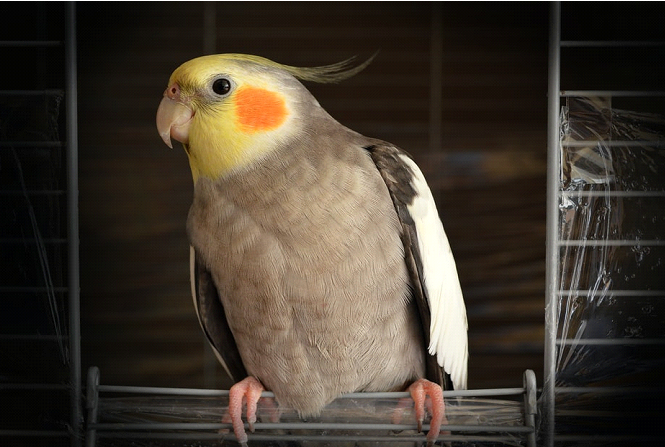Birds
Birds are very intriguing creatures as they can range from birds as small as a Cuban bee hummingbird (about two inches long and a little over 1/20 of an ounce) to as large as an ostrich. While most birds fly, there are some that don't. Birds are amazing and each breed is unique in its own way, particularly when it comes to their relational needs and well-being. Unfortunately, birds can experience sadness and depression just like humans. A number of root causes may be responsible for your bird's depression such as an illness (either physical or mental), losing its companion, or increasingly becoming bored. Some signs to help identify if your bird is experiencing depression may include the following:
⦁ reduced appetite
⦁ becoming increasingly irritable
⦁ aggressive behavior
⦁ songs have a different, less enthusiastic sound
New Bird Adjustments
Whenever introducing a new bird into a home where there is already an established bird or multiple birds, it is crucial to allow the new bird some time to adjust. New birds should be kept in a separate cage from the other birds for the first 30 days. Some adjustments that might need to be made in this time include the following:
⦁ Introduce them to the bird's environment slowly
⦁ Spend time with the new bird daily
⦁ Slowly begin to integrate the bird with the other birds in a supervised setting
Bird Diets
Birds' diets will vary depending on the breed of the bird. Some general diets may include seeds, nuts, fruits, and vegetables. Additionally, pet store foods can be a good source of vitamins and minerals. Some specialized diets for exotic birds might include other nutrients that are tailored to their specific needs. Just like other pets, it is recommended to consult with your veterinarian to make sure your bird is receiving the proper diet it needs to live a long and healthy life.


